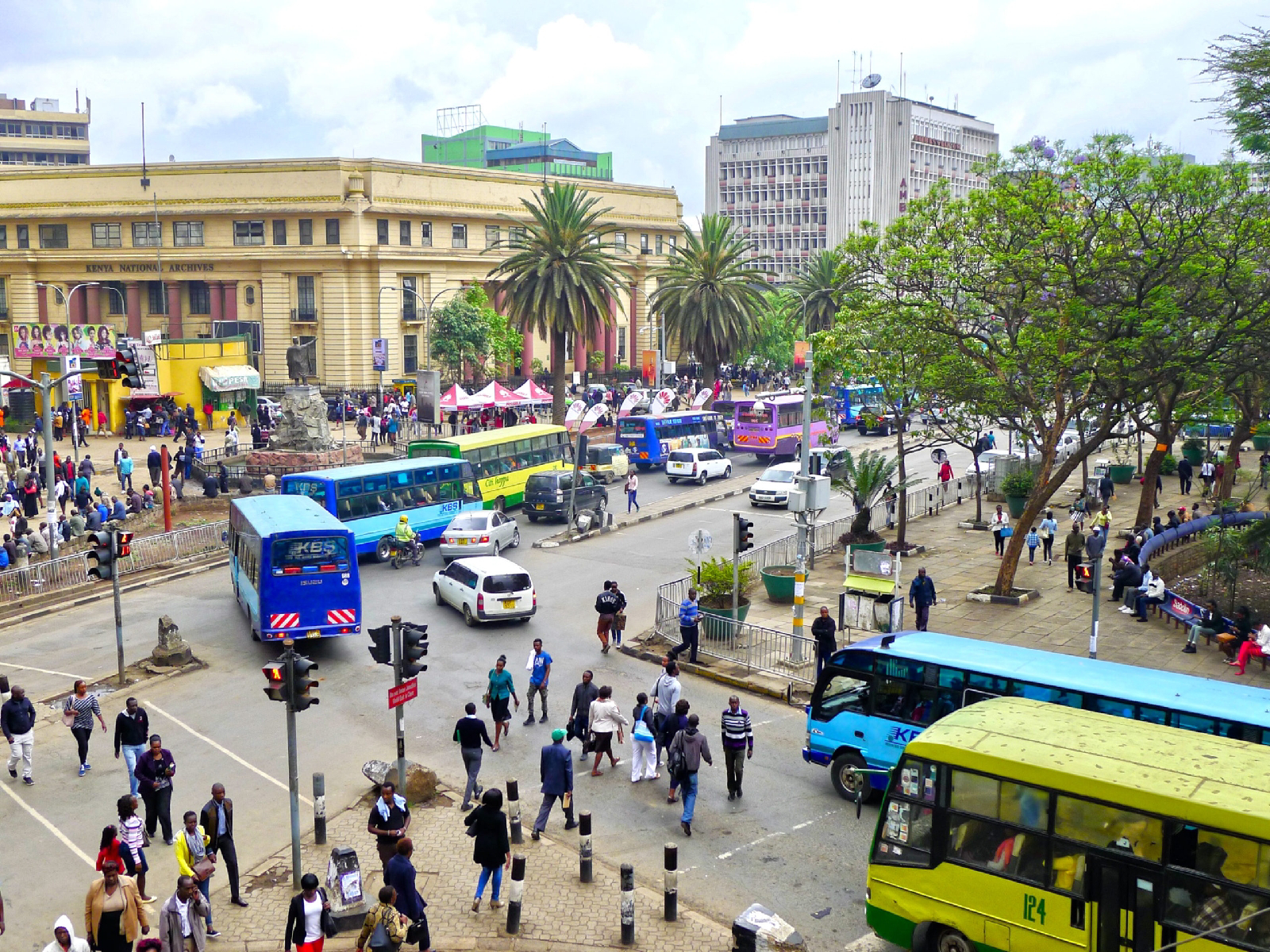Private Security Providers Seek Manila Playbook for Kenyan Wage Standoff
September 29, 2025, NAIROBI, Kenya – Private security service providers are now rooting for a new formula in computing minimum wage for guards.
Led by the Protective Security Industry Association (PSIA), the providers have opposed the government regulator over its unilateral decision to fix the minimum wage for guards at KSh30,000.
Through its Chairman, Cosmas Mutava, PSIA is strongly advocating for a formula similar to one used in the Philippines over the unilateral decree set by the Private Security Regulatory Authority (PSRA).
The core argument is that by setting a realistic minimum wage, the government, employers, and employees all benefit through a more efficient and broader tax system, as opposed to a high, unilateral wage (KSh 30,000) that could lead to mass layoffs and a collapsed tax base.
With the proposed model, security companies, PSIA argues, can remain solvent.
“They can adjust their pricing gradually for clients, preventing a mass exodus of customers who cannot afford a sudden doubling of costs. This allows the industry to grow sustainably,” says Mr Mutava.
The argument against the unilateral Ksh30,000 minimum wage by service providers is that it would trigger mass layoffs as companies would be forced to downsize to survive.
At the same time, they forcast a collapsed Tax Base because instead of 1.5 million people paying tax, you might have 1 million unemployed guards and only 500,000 paying a higher tax. The net revenue to the government could be much lower.
The long-standing dispute centres on the PSRA’s directive that mandates a minimum monthly wage of KSh30,000 for all private security officers. While lauded by guards' unions, the directive has been met with fierce resistance from the security providers, which argues the figure is economically unsustainable and will lead to massive job losses.
Instead, PSIA is pushing for the adoption of a "tripartite" model akin to the system in the Philippines, where wages are set through negotiations between the government, employers' associations, and workers' unions, taking into account company financials, inflation, and regional economic disparities.
In the Philippines, the minimum wage is not a single, nationally imposed figure.
Instead, it is determined by Regional Tripartite Wages and Productivity Boards (RTWPBs). These boards comprise representatives from the government, the labour sector, and the employer sector.
They conduct public hearings and consider a multitude of factors, including the cost of living, industry capacity to pay, and prevailing socio-economic conditions, before announcing adjustments specific to each region.
PSIA Chairman, stated that this model is far superior. "A unilateral fixation of Ksh30,000, while well-intentioned, is a blunt instrument that ignores economic realities," Mutava said.
"The Philippine formula offers a nuanced, evidence-based approach. It allows for a graduated increase that protects jobs while steadily improving welfare. We are not against a wage review; we are against a process that could collapse the entire industry."
He warned that the sudden jump from the current average of Ksh 15,000-20,000 to Ksh 30,000 would force companies to lay off up to 40% of their workforce or shut down entirely, as clients, particularly small businesses and residential complexes, would be unable to absorb the doubled cost.
The PSRA, however, maintains that its mandate includes ensuring the welfare and dignity of security officers, who play a critical role in national security.
Guards Caught in the Middle
For the nearly 1.5 million private security officers in Kenya, the debate is a source of anxiety and hope. Many guards, who often work long hours for meagre pay, see the PSRA’s directive as a long-overdue correction.
Economic analysts suggest that both sides have valid points.
Dr. Aisha Wanjiku, an economist at the University of Nairobi, noted that while a living wage is crucial for social stability, its implementation must be mindful of market dynamics.
"A sudden, massive wage hike can indeed cause inflationary pressures and lead to unemployment, especially in a sector with low barriers to entry but high price sensitivity," Dr. Wanjiku explained.
"The Philippine model of tripartite engagement is globally recognised as a best practice. It balances the needs of workers with the health of the industry, fostering consensus rather than conflict. A hybrid approach, perhaps with a clear, multi-year roadmap to reach Ksh 30,000, might be a more sustainable solution."
As the standoff continues, all eyes are on the direction the Central Organisation of Trade Unions (COTU), and the Ministry of Labour will take. It will determine whether Kenya’s private security sector moves towards a negotiated compromise or faces a bruising regulatory battle that could reshape the industry landscape.




Comments
Post a Comment